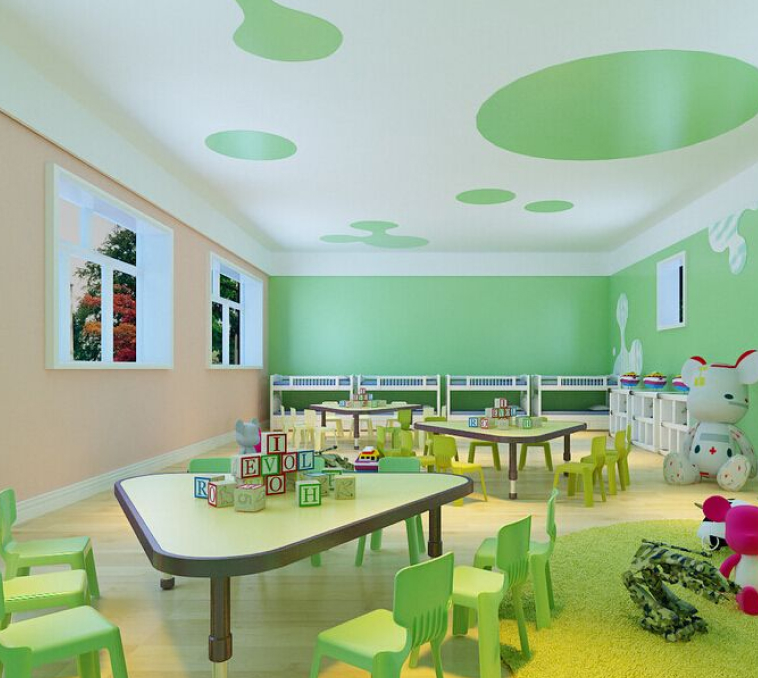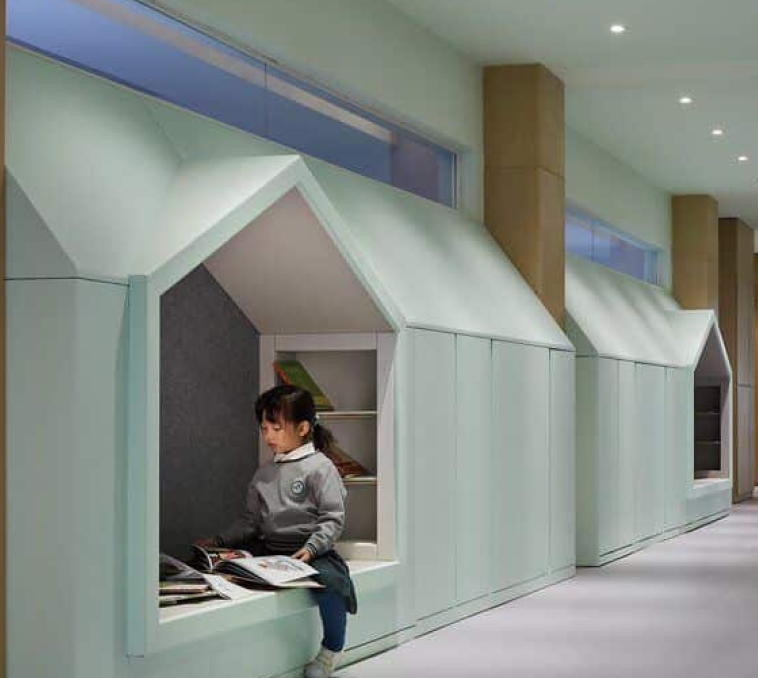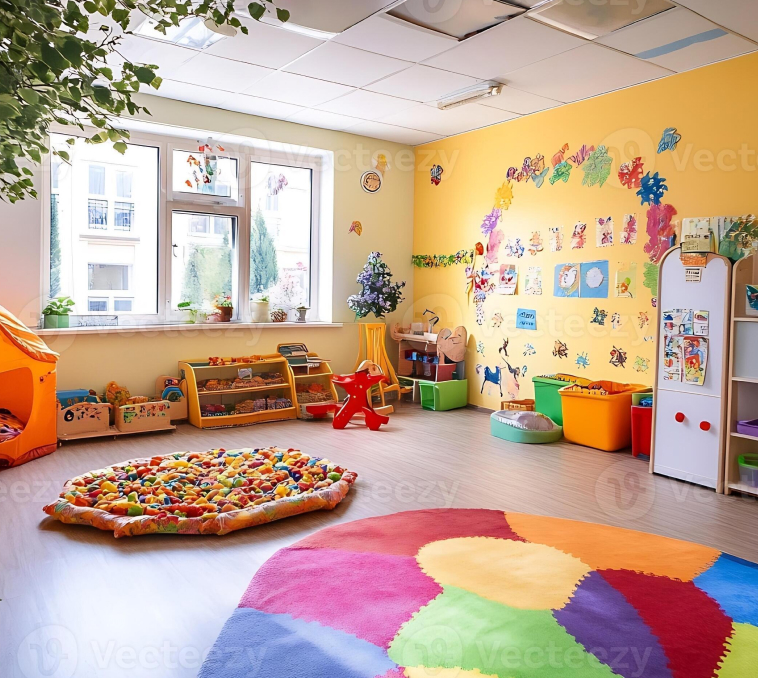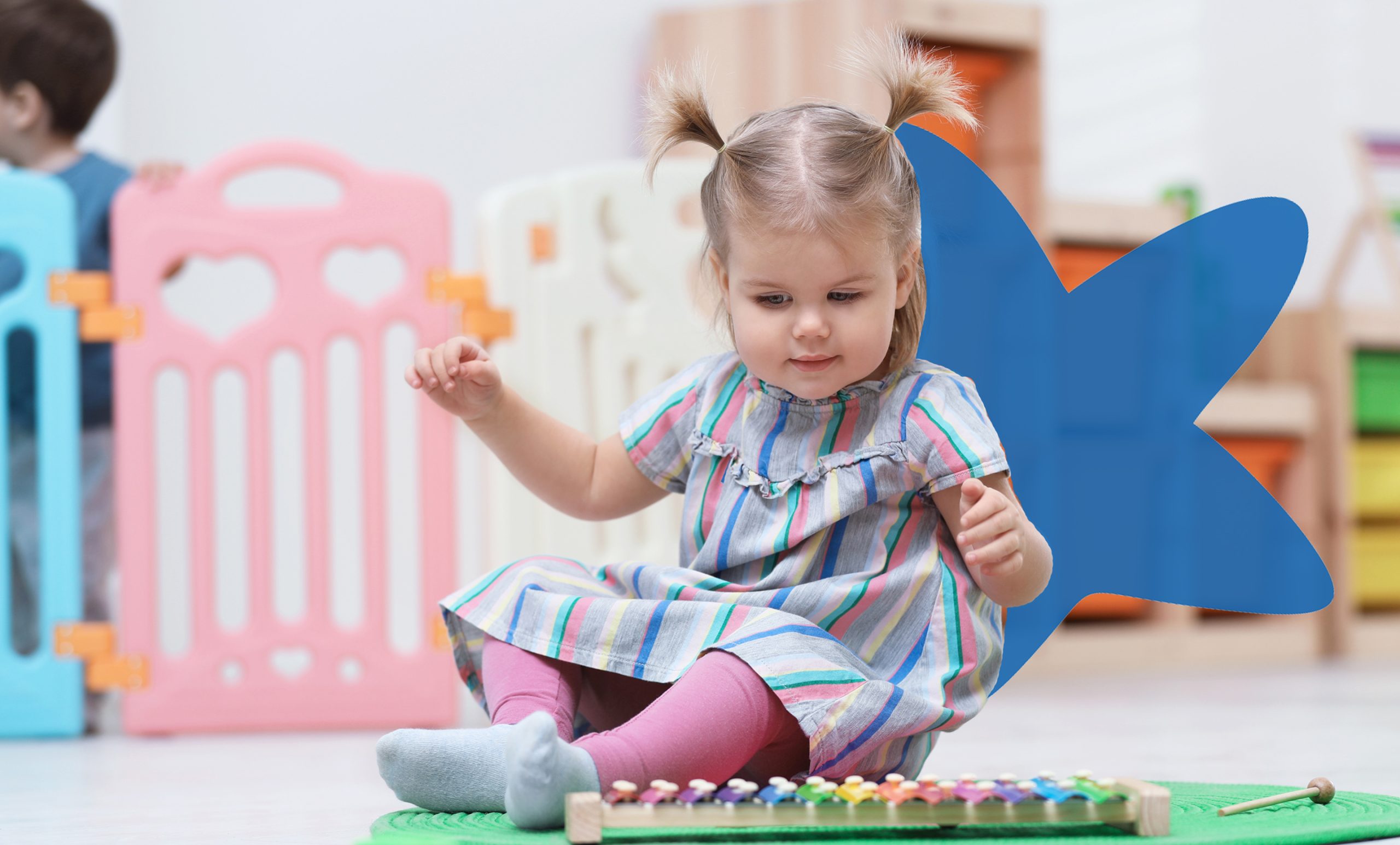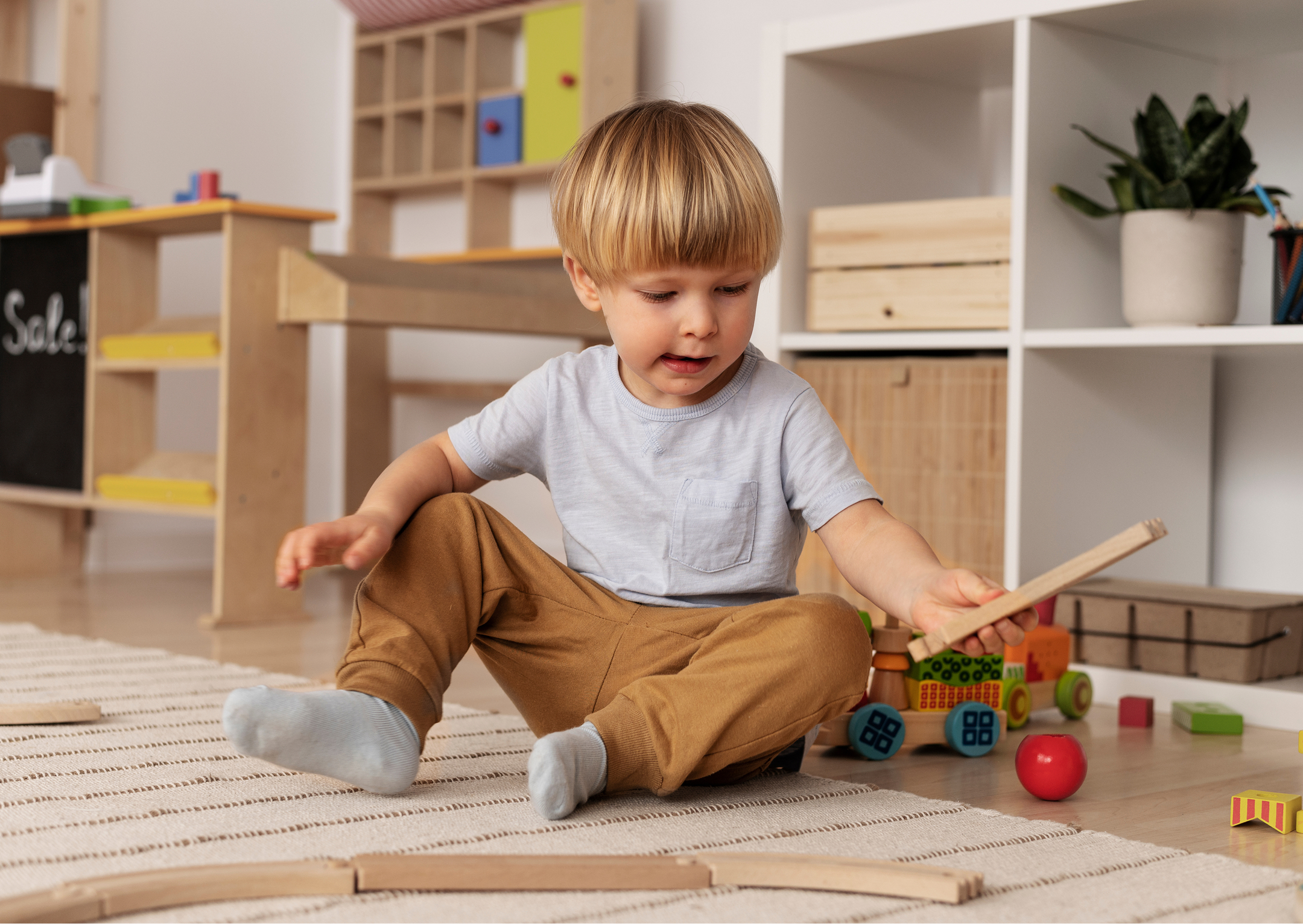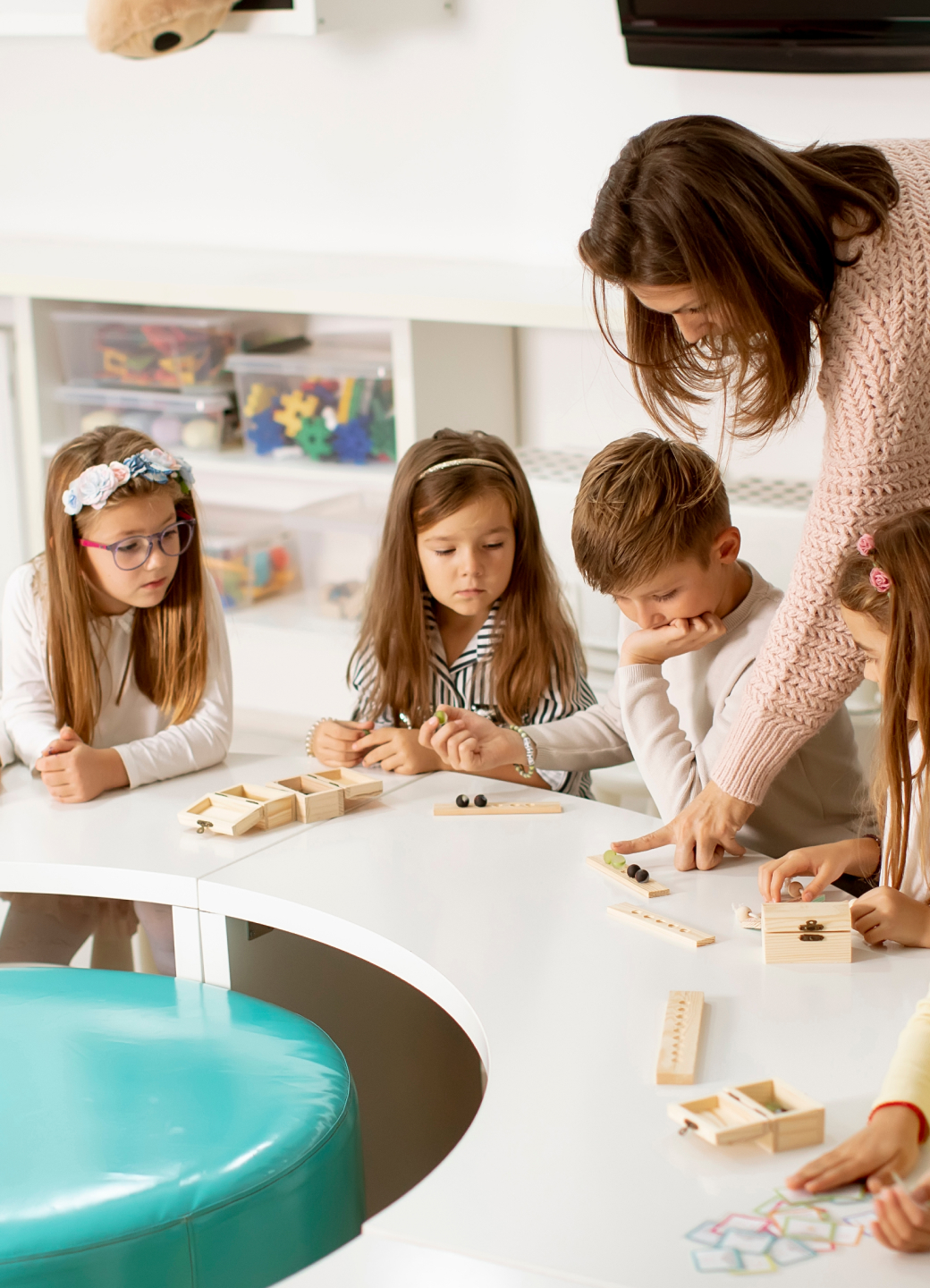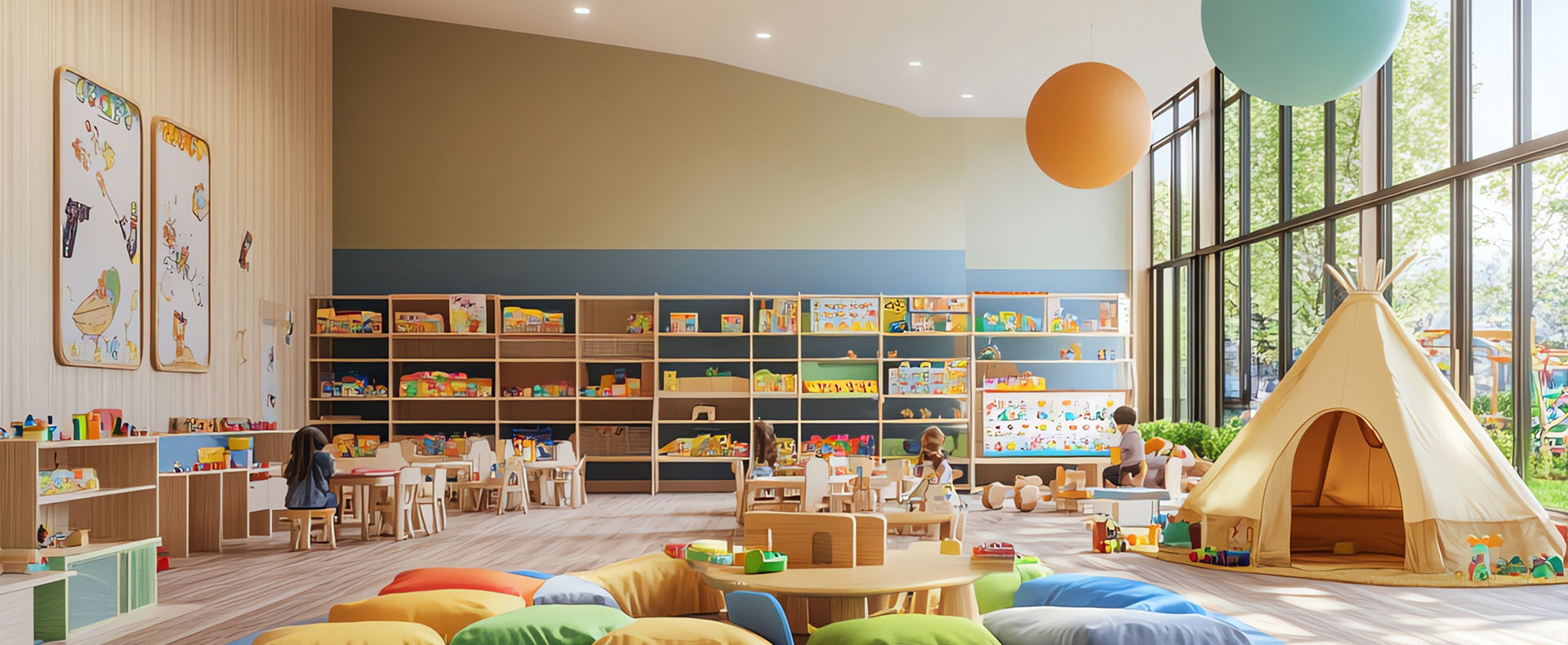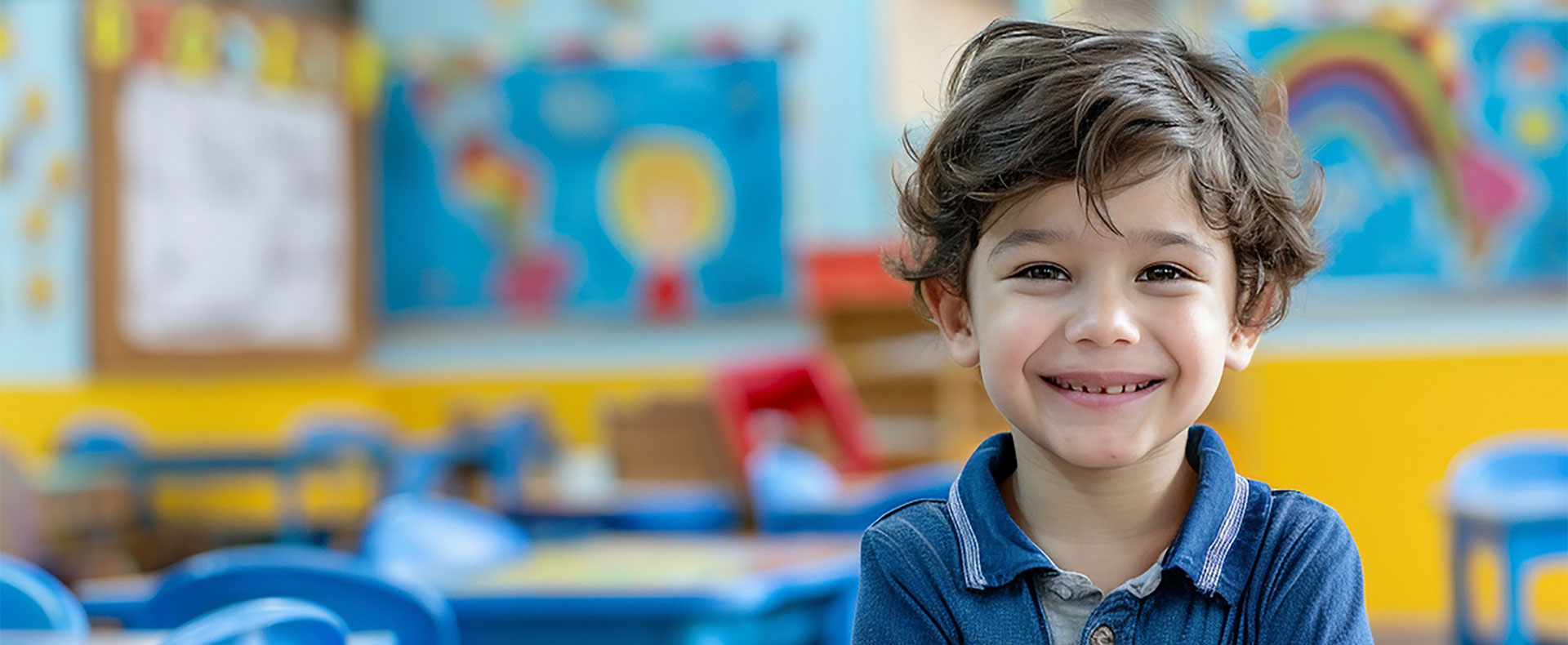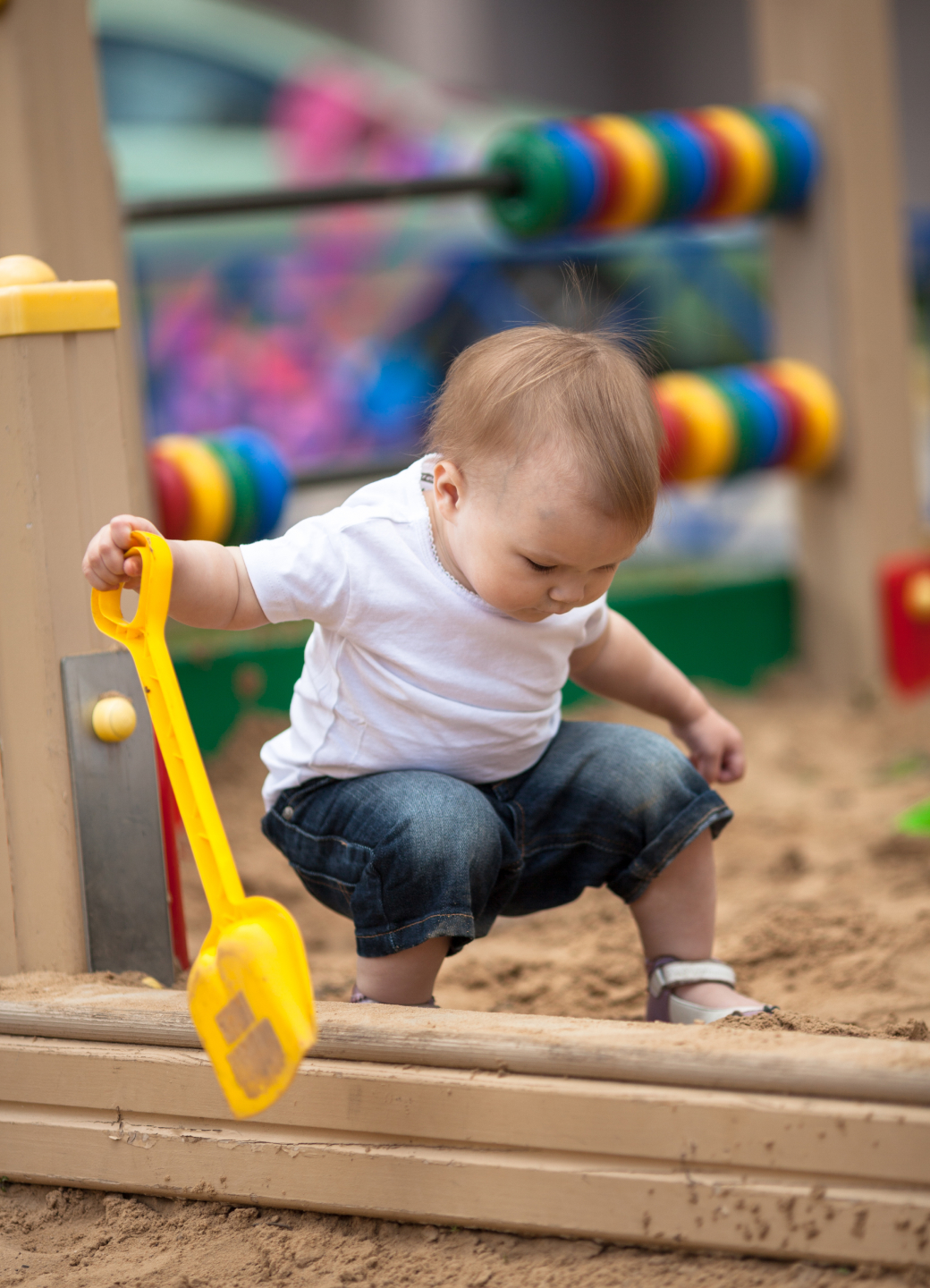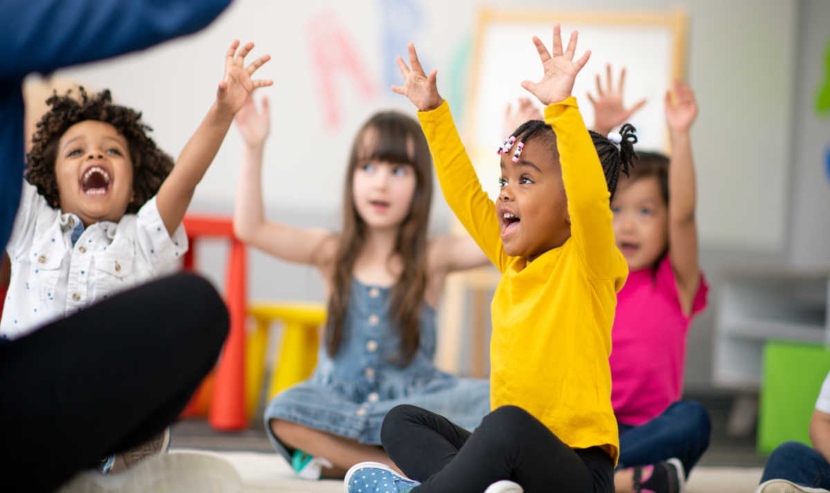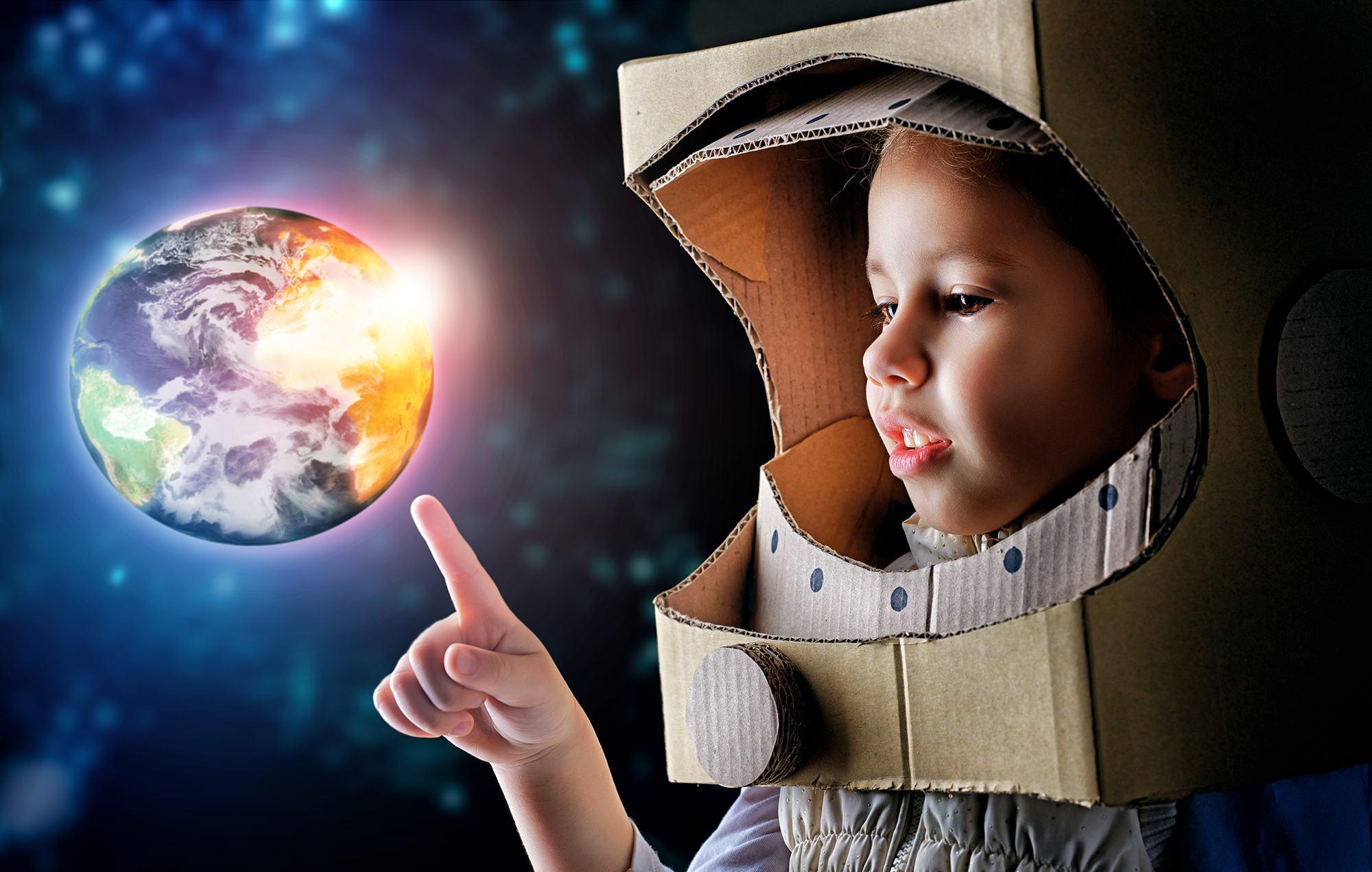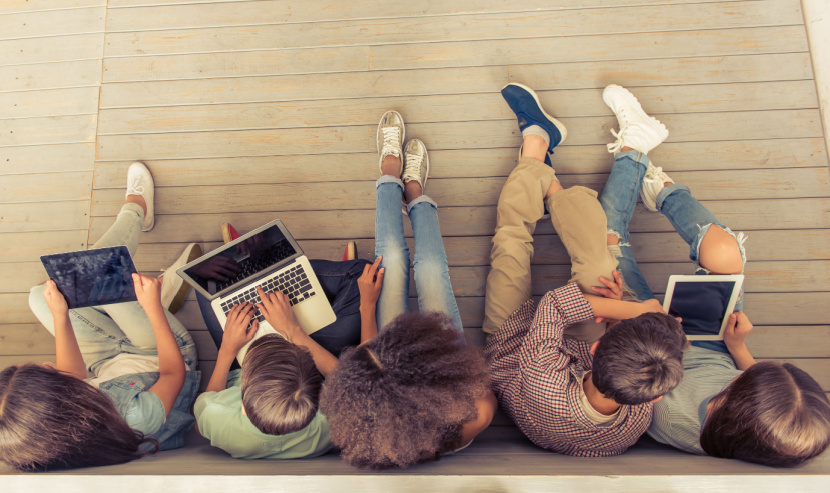
With the internet and social media, it seems these have trained and conditioned children to be constantly distracted throughout the day. As a result, they might develop shorter attention spans. This can be harmful to their learning and development as they will find it hard to focus on a particular concept or activity.
The link between media use and attention
There have been studies on determining the effect of digital consumption to learning and development. For example, there have been findings that state that technology use can affect mental health (and indirectly affect academic performance). On the other hand, there are research papers (such as this one) that emphasise the need for a better systematic approach in studying the link among attention, learning and digital consumption. After all, it’s possible that a third factor (aside from media use) is causing the decline in focus and attention.
Trends on digital consumption
Still, we can clearly see the trend on digital consumption. For instance, tweets and short videos (only under a minute long) have dominated the social media landscape. Quick and endless scrolling can train the brain to get easily distracted or crave for quick stimulation. Another trend is about the number of online notifications we receive now. In this modern age, it seems that we’re being pulled into several directions that require our attention (news, messages and updates from friends and family, online subscriptions, work emails).
With that quick and endless distraction and stimulation, eventually our brains might find it hard to focus on a particular task. It’s especially the case with our children who at an early age already have access to the smartphone and internet. This can train and lead their young and rapidly developing brains towards the quick and endless stimulation being provided by the internet.
To prevent that, it helps if we limit their media use and screen time. Aside from protecting their brains from the harms of the internet, it’s also a practical way for them to get more physical playtime. They will become more physically active and they get to play with real objects and get immersed in a physical environment. This is critical in their early years as they start to build their foundation on further learning and development.

